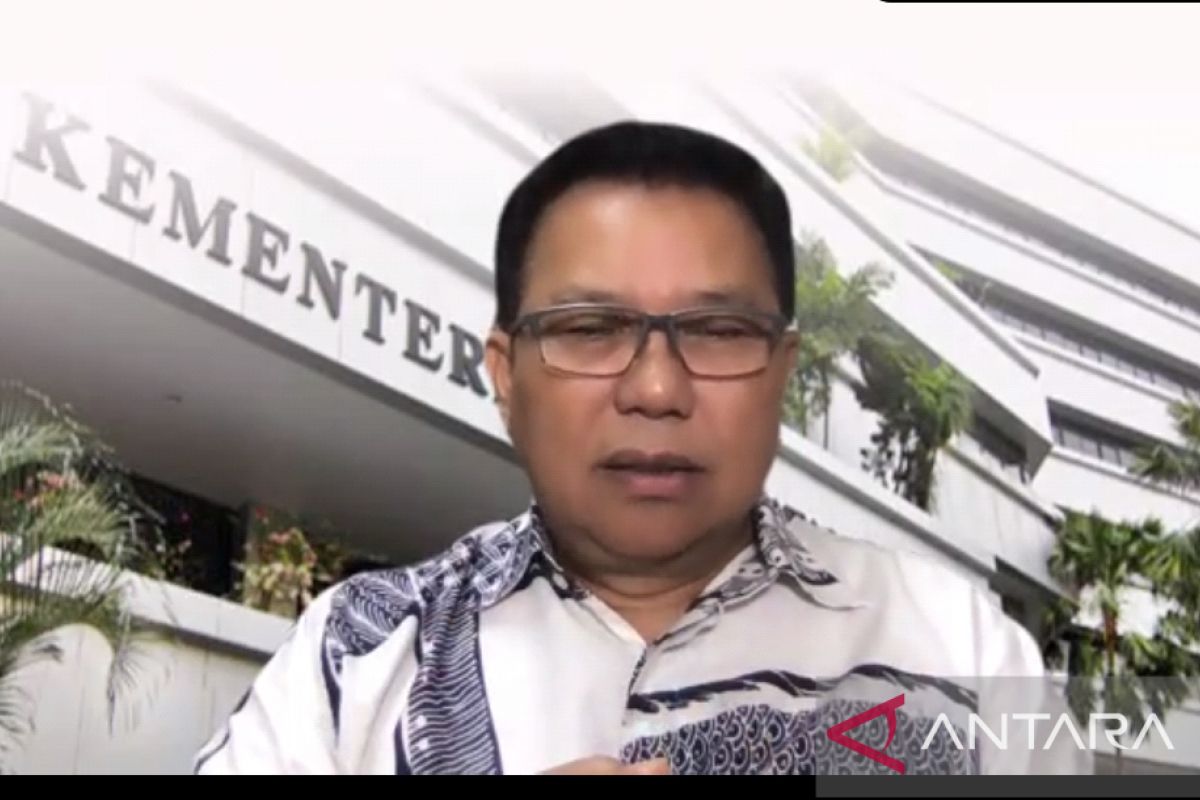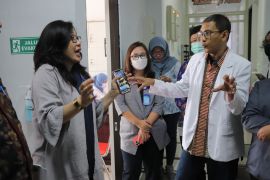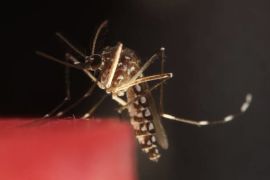"Of the 35 reported cases, there are 19 cases (54.2 percent) of patients classified as discharted," Syahril informed while delivering a virtual press statement in Jakarta on Tuesday.
The term “discharted” refers to patients with suspected mysterious acute hepatitis who met a number of criteria for other diseases based on the results of a pathogenic examination.
The 19 patients were found positive for cytomegalovirus (CMV), a group of herpes viruses that can infect and survive in the human body, he said. In addition, some patients tested positive for COVID-19.
Syahril, who is also the president director of Sulianti Saroso Hospital, said that 11 patients were confirmed with dengue, three patients had bacterial sepsis, two patients had Hepatitis A, and the remaining patients were found to have dilated cardiomyopathy, drug-induced hepatitis, and leukemia, respectively.
Based on these findings, the number of remaining suspected cases of mysterious acute hepatitis in Indonesia as of May 23 stood at 16 cases—one probable case and 15 pending classification.
For cases pending classification, reports for pathogens of other possible diseases, such as Hepatitis A, B, C, D, or E, are still awaited from a number of reference laboratories, Syahril said.
Related news: Ministry awaits WHO study on acute hepatitis in children
Meanwhile, the government has carried out several efforts in response to the detection of mysterious acute hepatitis by issuing Circular Letters of Referral Flow of Sample Examination Specimens to a number of hospitals.
One effort has been the distribution of Hepatitis E Reagents to Adam Malik Hospital in Medan, Diagnostic and Research Center for Infectious Diseases under the Medical Faculty of Andalas University in Padang, Sulianti Saroso Hospital in Jakarta, Cipto Mangunkusumo Hospital in Jakarta, BKPK Laboratory in Jakarta, West Java Regional Health Laboratory, Soetomo Hospital Surabaya, Udayana University Hospital Bali, Ulin Regional Hospital in Banjarmasin, and Wahidin Central Hospital in Makassar.
"The Ministry of Health has also issued a Decree of the Director-General of Health and Human Services regarding the Management of Acute Hepatitis in Children with Unknown Cause in Health Service Facilities,” Syahril added.
Another effort has been the declaration of referral hospitals for treating acute hepatitis in children, such as H. Adam Malik Hospital in Medan, Dr. M. Djamin Central Hospital in Padang, Dr. Mohammad Hoesin Central Hospital in Palembang, Arifin Achmad Hospital in Riau, and Dr. Zainoel Abidin in Aceh.
The referral hospitals also include Dr. Cipto Mangunkusumo Central Hospital (Jakarta), Prof. Dr. Sulianti Saroso Hospital (Jakarta), Dr. Hasan Sadikin Central Hospital (Bandung), Dr. Kariadi Central Hospital (Semarang), Dr. Moewardi Central Hospital (Solo), Dr. Sardjito Central Hospital (Yogyakarta), Dr. Soetomo Regional Hospital (Surabaya), Dr. Syaiful Anwar Regional Hospital (Malang), Sanglah Hospital (Denpasar Bali), Dr. Wahidin Sudirohusodo Hospital (Makassar), Prof. Dr. R. D. Kandou Central Hospital (Manado), West Nusa Tenggara Provincial Hospital, Dr. Soedarso Hospital (Pontianak), and Ulin Hospital (Banjarmasin).
Related news: Gov't outlines five hypotheses concerning cause of acute hepatitis
Related news: Unlikely that acute hepatitis will become pandemic: Health Ministry
Translator: Andi Firdaus, Resinta S
Editor: Suharto
Copyright © ANTARA 2022












